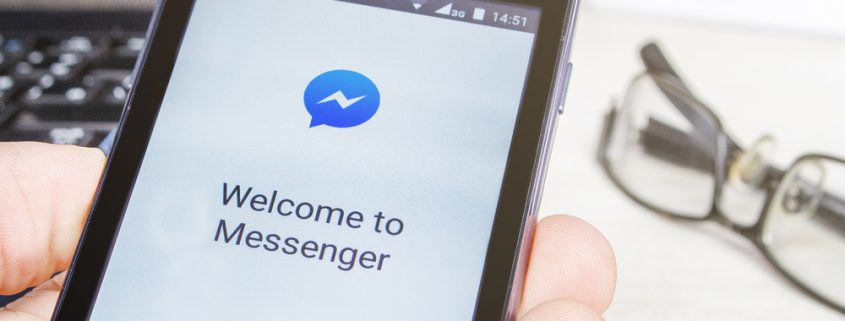2016 Year of Dumb Bots
2016 is being called the “Year of the Bots” by technology experts primarily because 2016 is seeing the culmination of artificial intelligence and conversation model, thereby paving the way for enterprises to reach out to their customers in a whole new way. Some of the world’s largest technology companies are banking on this technology and is investing heavily into this space both in R&D and in acquisitions.
But are we there yet. Bots that are being created in 2016 are pretty dumb, rightfully so because of the below reasons…
One: When a technology is exciting and new, lots of developers want to play in that space and will create basic applications hoping to get some traction. Not a lot of thought goes into it except for the hope of having the first movers advantage. We have seen this time and time again, remember websites in early 2000’s, mobile apps in 2008 etc. Chatbots today are fairly basis and rudimentary in functions. When it doesn’t understand a phrase, it goes into a dead end. Some chatbots are handling this scenario by providing menu’s for the users. But is that really a human-like conversation.
Two: The technology itself is not very mature. It is very much a beginning of a new foundation and requires time for it to have all the right pieces to become a global phenomenon. Artificial Intelligence though has been around a many years, without significant amount of work, it is hard for it be a robust conversational platform.
Three: Large enterprises are not ready to move into this space yet. Large enterprises are risk averse when it comes to a complex new technology disruption, especially when it is customer facing that could affect their brand. There has been several internal pilots at the enterprise level but it hasn’t gone mainstream yet and until that point, we will continue to see dumb bots being released. The chatbot idea is still a bit of mystery.
Chatbots have ways to go before they can replace apps for enterprises but its evolving and only time will tell if chatbots will become as ubiquitous as the apps have.


